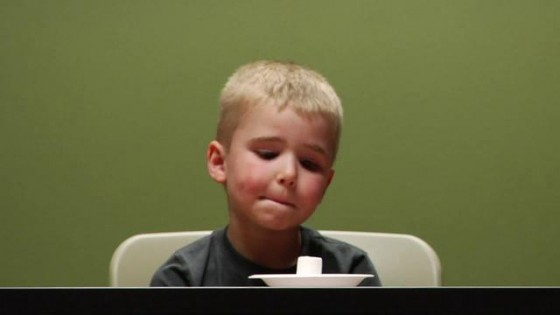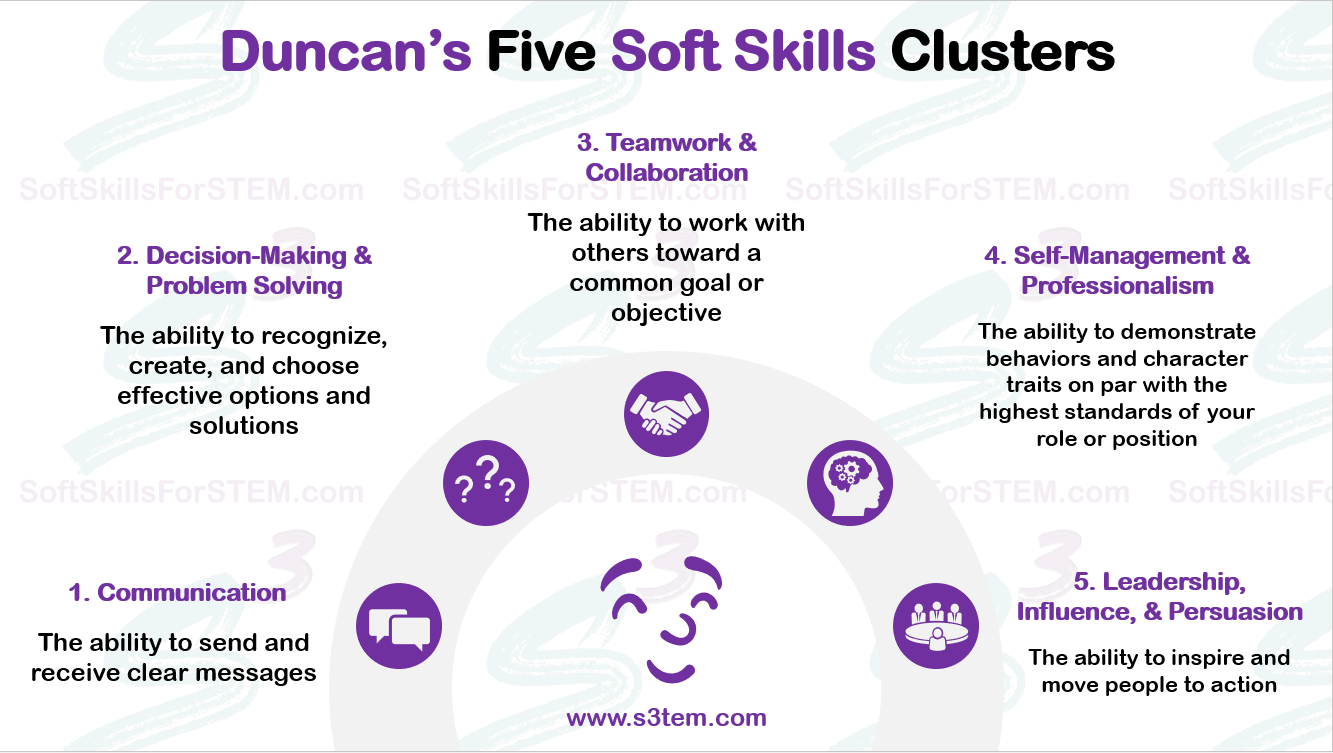Delayed Gratification – The Lost Art
Q: Mr. Duncan, in your article In Plastic We Trust: 4 Keys for Smart Credit Card Use Pt. 2 you wrote about delayed gratification. Can you offer more insight on the topic? I think delayed gratification is overrated. After all, you only live once. -college student
Delayed gratification is a form of self-discipline that is necessary for emotional mastery. It is a battle of id against ego.
People often think it means “no fun”. That’s not true. It means sacrifice now to experience even more enjoyment and rewards later.
You can still have some fun. You can still have a few nice things, but not too much too soon.
One of my mentors once told me that as far as he is concerned, delayed gratification and impulsive behavior are arguably the causes of the majority of personal problems people encounter.
After many personal experiences and doing tons of research over the years I couldn’t agree with him more. There was a time when nine out of ten mistakes I made could be traced to delayed gratification and a lack of impulse control.
With crime, overwhelming debt, obesity, and sexually transmitted diseases running rampant these days, it seems as if the art of delayed gratification is being practiced at an all-time low.
This is most unfortunate because delayed gratification is one of the keys to your well-being. It is the forerunner of achievement and fulfillment.
The Marshmallow Test
Imagine that a group of 4 year olds are in a room. An adult walks in and presents them with an interesting proposition. Each of them can have one marshmallow to eat right away. But if they wait for the adult to return in 20 minutes, they can have an additional marshmallow.
What a dilemma — especially for a 4 year old. If you were one of those kids, what option would you have taken? According to psychologist Walter Michel, the option you chose would have offered valuable insight regarding the level of your future success.
In the 1960’s at a pre-school on Stanford University’s campus, Michel and a group of researchers conducted what has become known as The Marshmallow Test on a group of 4 year olds.
As you can imagine, some of the pre-schoolers immediately gobbled up the marshmallow. But others found some interesting ways to delay gratification while waiting for their second marshmallow. Some started singing and talking to themselves, others played games, and one even took a nap!
They had some fun but not too much too soon.
The most amazing thing took place much later when Michel tracked down the group during their adolescent years. The students who held out for the second marshmallow had developed superior emotional and social competencies.
When dealing with stress and adversity they were less likely to fall apart. Instead they showed self-confidence, diligence, and self-reliance. For the most part the marshmallow gobblers displayed the opposite characteristics.
When tested again in high school the two groups exhibited even greater differences. The students who practiced delayed gratification even had higher SAT scores.
Million-Dollar Question:
Are YOU going to wait for a second marshmallow?
The phrase “you only live once” is nothing but the truth, family. That’s exactly why you need delayed gratification.
Having nice things; that’s cool. Being eternally overwhelmed by debt; that ain’t cool.
Having fun and being spontaneous; that’s cool. Paying the price for idiotic, impulsive behavior; that ain’t cool.
It requires great effort to practice the art of delayed gratification and impulse control. But if you think it’s hard living with them, try living without them.
______________________
Got a question? Use this form to ask Al.
- Categories: ArticlesCharacter DevelopmentPersonal DevelopmentProfessionalQ&ASoft SkillsTeenYoung Adult







